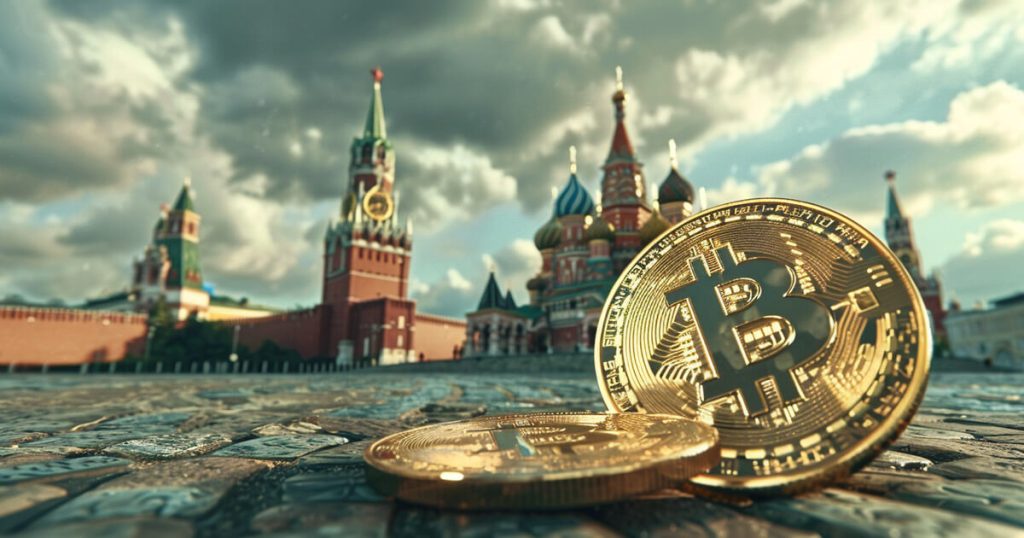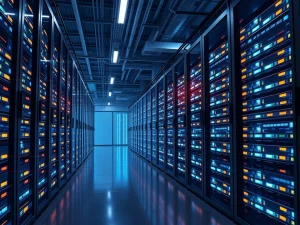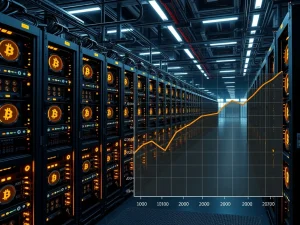Russia halts crypto mining in energy-strapped territories


Russia is set to restrict crypto mining in several of its regions due to ongoing energy shortages, announced Deputy Minister of Energy Yevgeny Grabchak.
On Oct. 30, the state news agency TASS confirmed the impending ban, which will affect areas where electricity deficits make it challenging to support crypto mining’s high power demands.
Grabchak noted that specific regions, including the Far East, southwestern Siberia, and the South, are experiencing limited energy availability.
These areas currently lack the infrastructure to handle large-scale mining operations. The minister further indicated that the power shortages may persist until 2030, making it difficult to sustain mining activity long-term.
Already, enforcement actions against illegal or home-based crypto miners are already underway. On Oct. 28, a Russian law enforcement agency reportedly detained a resident of the Novosibirsk region who was accused of electricity fraud connected to his crypto-mining operations.
Kirill Travin, the Deputy Head of the Ministry of Internal Affairs for the Novosibirsk Oblast, confirmed the arrest. According to Travin, the suspect allegedly earned over 12 million rubles (around $123,000) through mining.
The authorities are investigating further potential violations related to his case.
Putin signs crypto law
This decision comes on the heels of President Vladimir Putin’s recent signing of a digital asset regulation law that will take effect on Nov. 1.
The law focuses on the oversight of digital asset circulation. It grants the Russian government the authority to ban or limit crypto mining in select regions or territories, depending on energy needs and infrastructure capacity.
The regulation also outlines procedures for imposing restrictions and includes measures to control participation in mining pools.
These mining pools often use specialized servers to distribute computational loads, which places additional stress on the energy grid. By managing these aspects, the government aims to reduce the strain on power resources while maintaining regulatory control over crypto activities.










